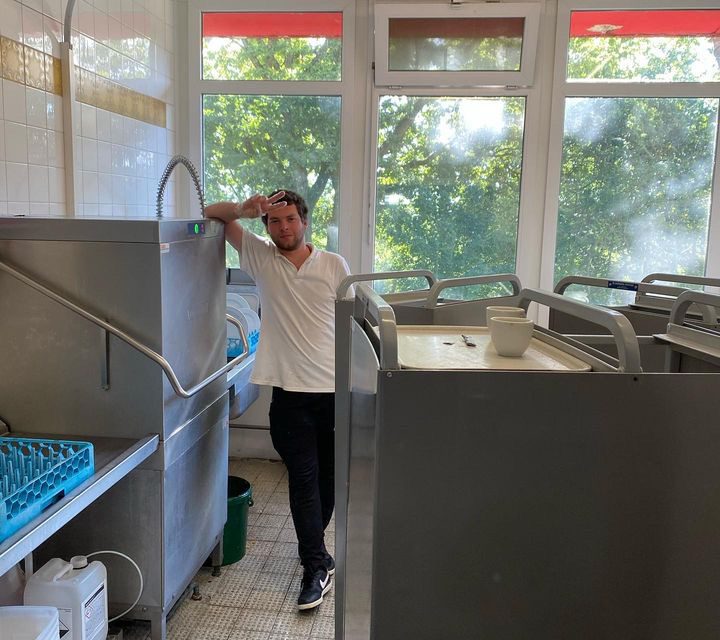Recently, Germany has become the number one destination for foreign students
seeking to make some extra money and live in Germany over the summer. Germany
has long been a hub for international students seeking world-class education and
cultural experiences. Ferienjob, or summer job programs, in Germany have become
increasingly popular, especially for students from outside the European Union.
Ferienjob, translated as “holiday job” in English, is a program that allows
international students to work during their summer break. It is designed to provide
students with an opportunity to gain practical work experience, earn some extra
money, and immerse themselves in German culture. This program is particularly
beneficial for non-EU students who often face more stringent restrictions when it
comes to working in Germany.
However, there are still certain criteria that international students from outside the EU
must meet to work in Germany. Firstly, they must be enrolled in a university program.
Secondly, they are allowed to work only up to 90 days per calendar year and only
within their official semester breaks. A command of the German language is often
not required but heavily depends on the job. For example, Gabriel Beqauri, a student
from Georgia working in Frankfurt over the summer, who works as a waiter at a
restaurant, is required to know German at least at a basic level, but some students
working as janitors or in other menial jobs do not need to know German.

Gabriel wipes down a cabinet at his job
Luka Giorgadze, another Georgian student who works in a restaurant in Hamburg,
describes his work experience as: “very exhausting but it’s all worth it to live in
Germany for a bit and make some money, get some more experience, and improve
my German.” Gabriel was mostly of a similar opinion, but he put much more
emphasis on culture and language: “Working here really connects me with German
culture. I talk to the locals in their own language and learn their mannerisms,
attitudes, and other stuff that you can’t just read about in a book or online. It’s
something you have to experience in person or you won’t understand.”
But Ferienjob is not without any downsides. To even get a job like this, you need to
know the job providers, which most of the time the students don’t. This makes it
necessary for students to contact either a local German agency or an agency in their
own country. They provide the service of finding a suitable job, providing
accommodation as well as a visa if necessary, but they charge a large sum for these
services. The sum depends on the agency but is usually not lower than 200 Euros.
A large problem is also the amount of time it takes for these agencies to prepare
everything. The aforementioned Luka and Gabriel had to wait 3 months for the
agency to finally give them all the necessary documents. Their flight to Germany was
supposed to be on the 6th of July, but instead, it was a week late. The two of them
had also planned on working at the same place and living in the same
accommodation which they had told the agency and were promised that this would
be the case. Instead, they ended up in opposite ends of Germany.
But despite all the negatives, both of them, as well as thousands of other students,
are planning on coming back next year as well. “Overall, it was pretty good. Could
have been better, sure, but I really liked it. I’ll make sure to come back next year too,”
said Gabriel.




